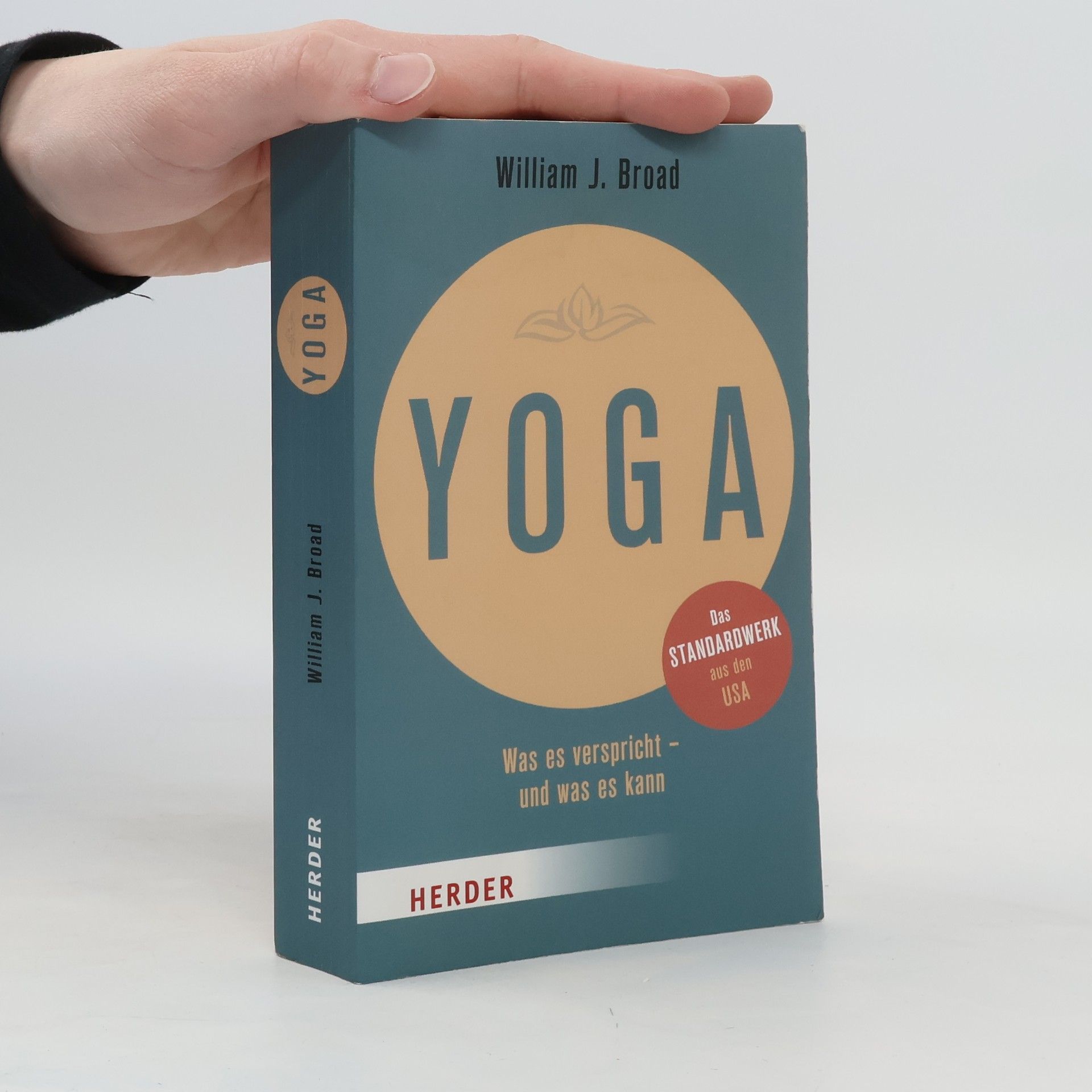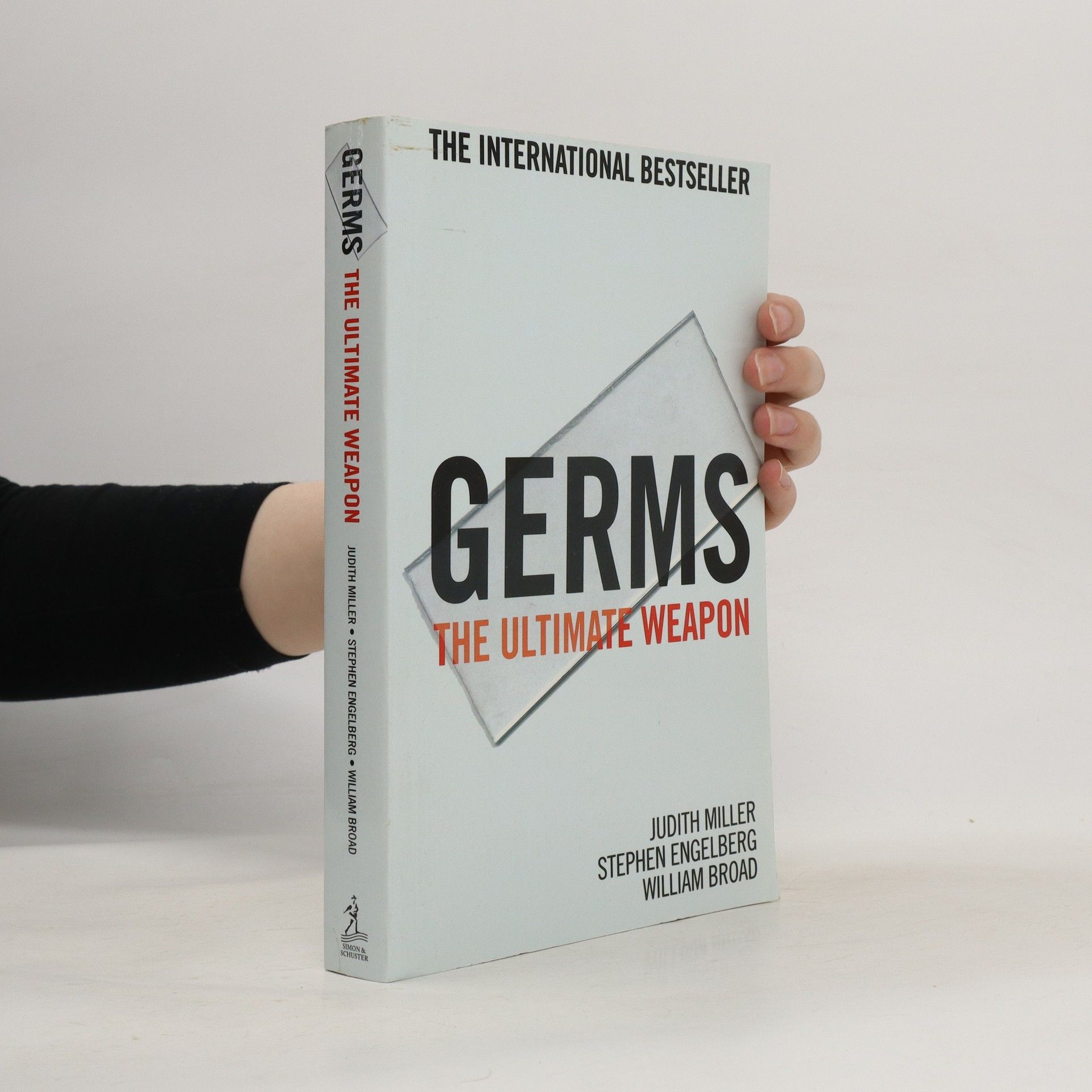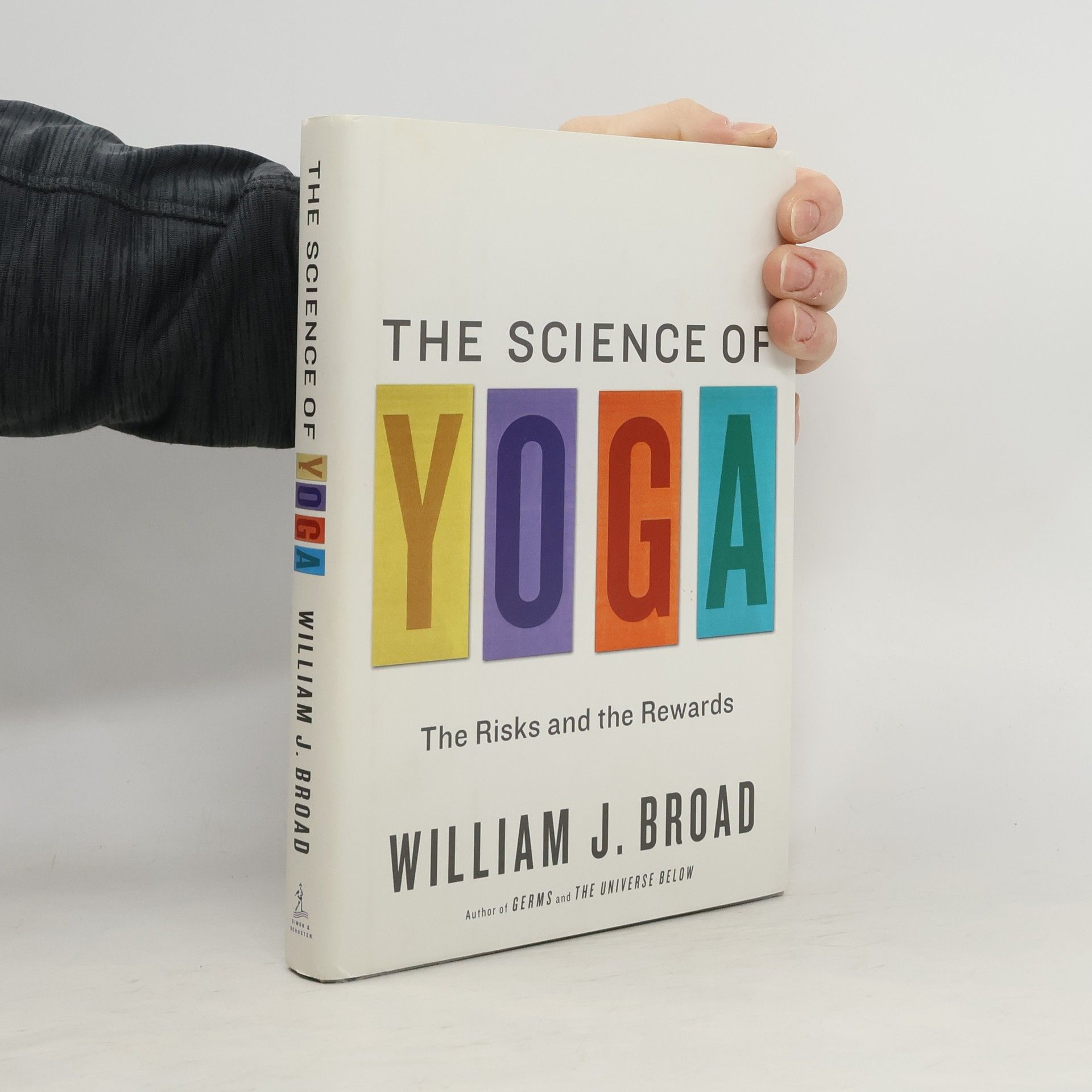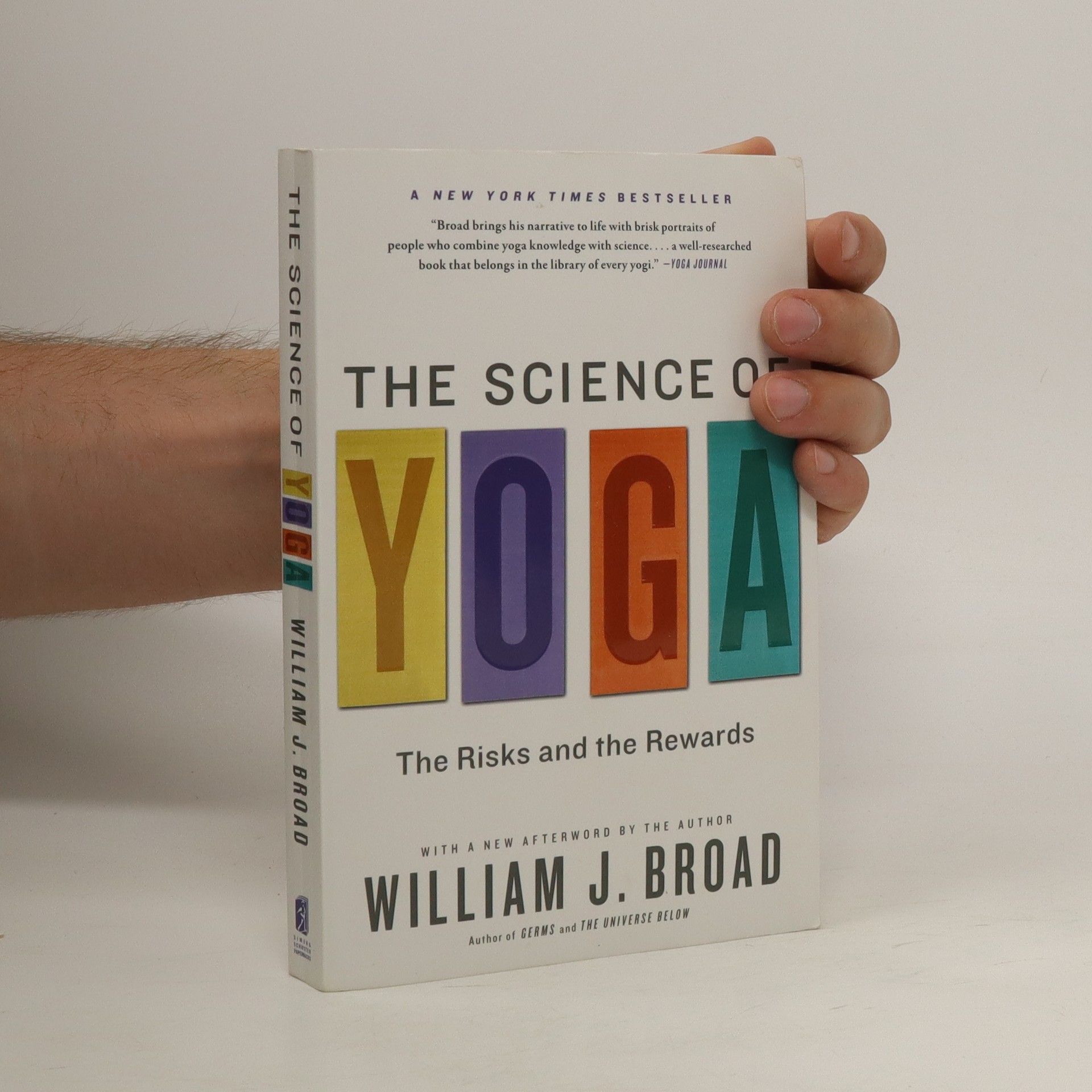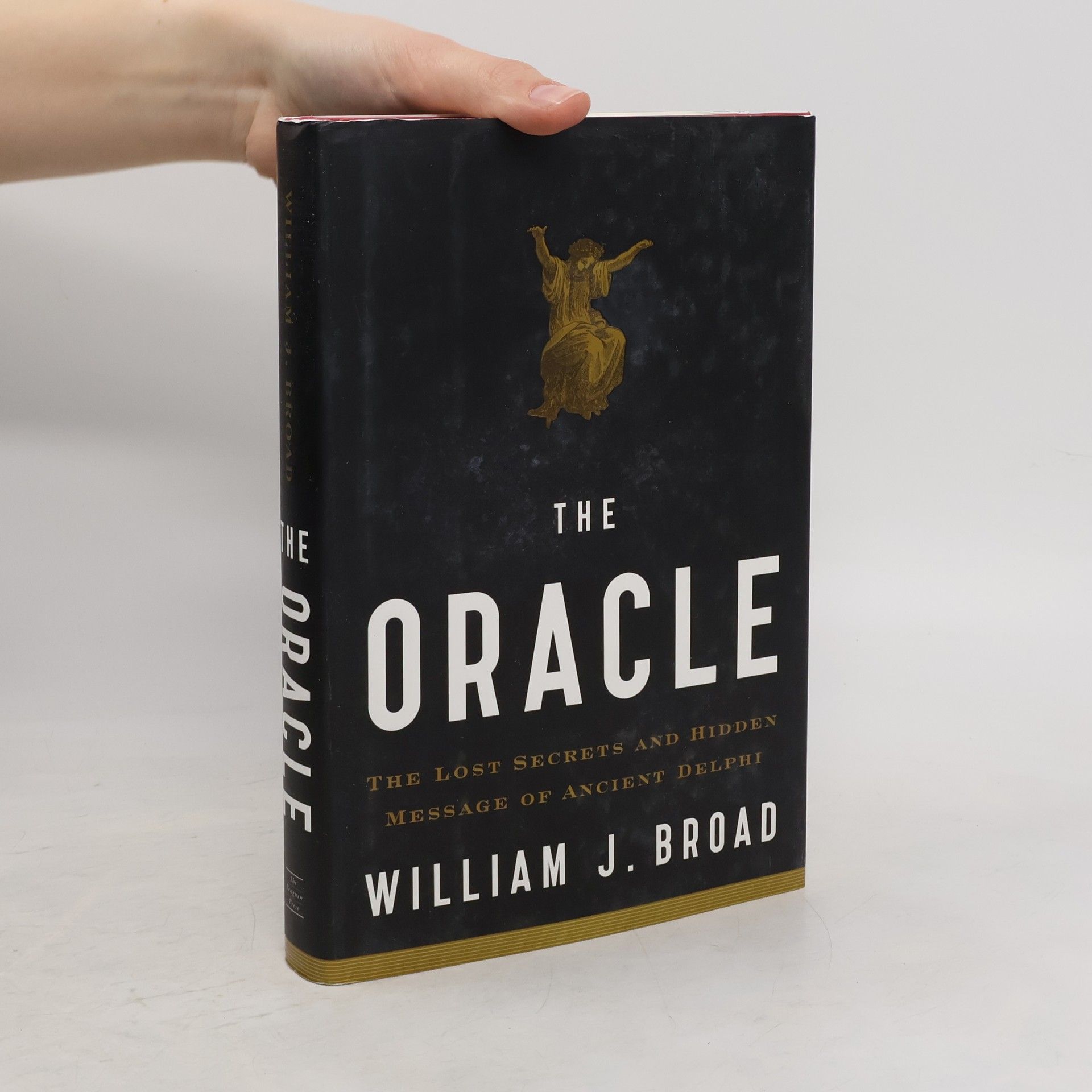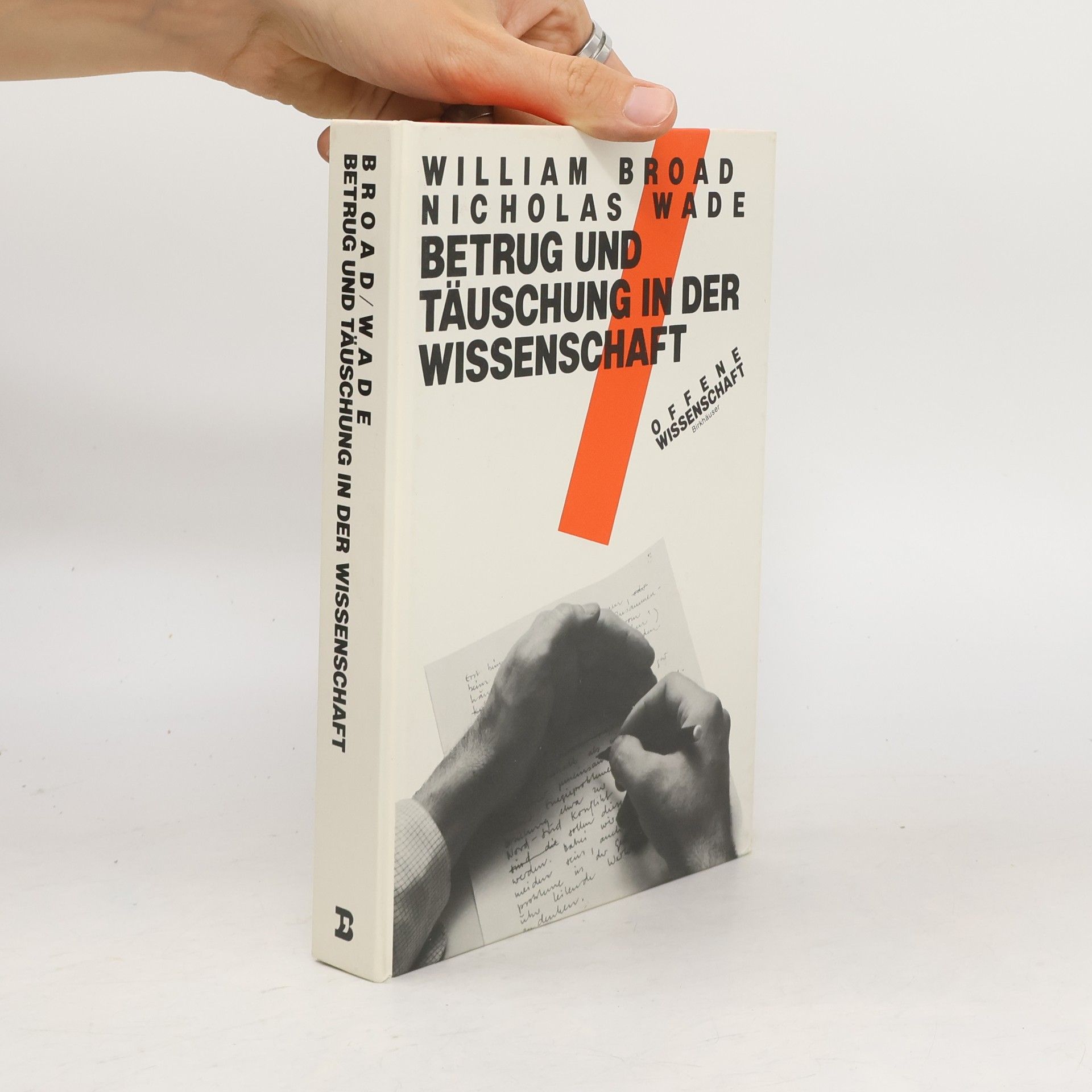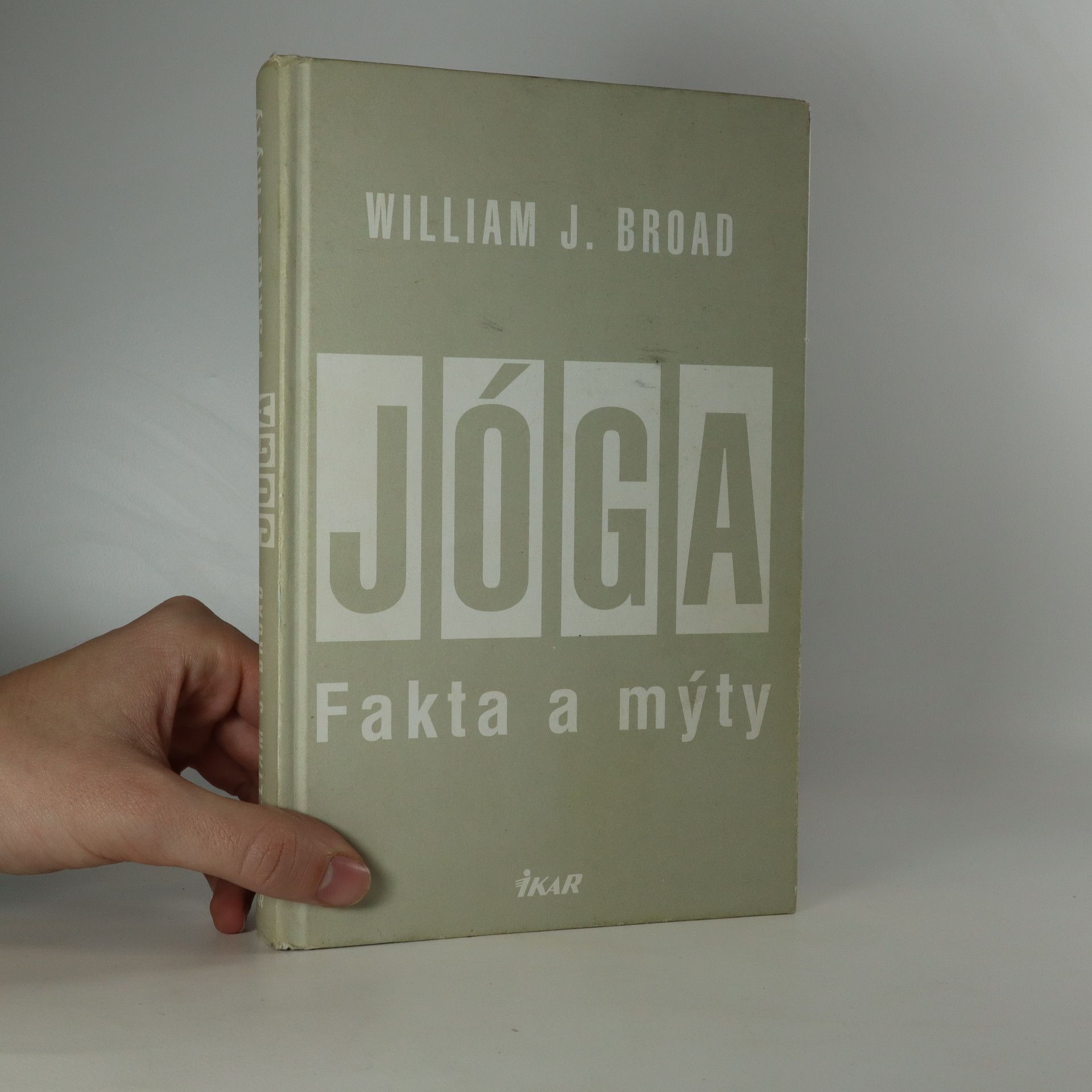The Oracle
- 336pages
- 12 heures de lecture
The Oracle of Delphi would enter into ecstatic union with the god Apollo and bring back his prophecies and counsel for all who came seeking answers. Though the air of magic that surrounds her might cast her as a legend, the Oracle did really exist--and her visions caused her to become the single most influential figure in all of ancient Greece. Eyewitness accounts describe temple practices in detail, claiming that the Oracle breathed in vapors rising from the temple floor. In 1892 French archaeologists unearthed the temple, but could find no evidence that the rocky ground had brought vapors of any kind. Science journalist Broad tells a modern-day detective story that blends history and science to describe how a team of scientists, working from subtle clues scattered throughout the ancient literature, as well as from the latest findings in geology, uncovered scientific evidence to explain the Oracle's powers.--From publisher description

